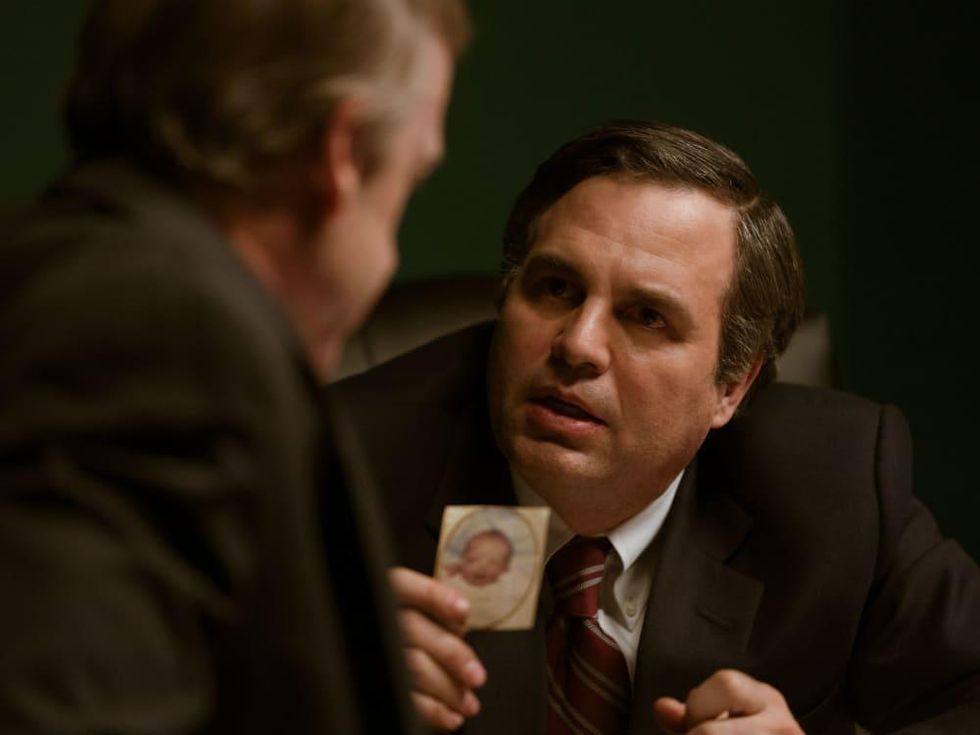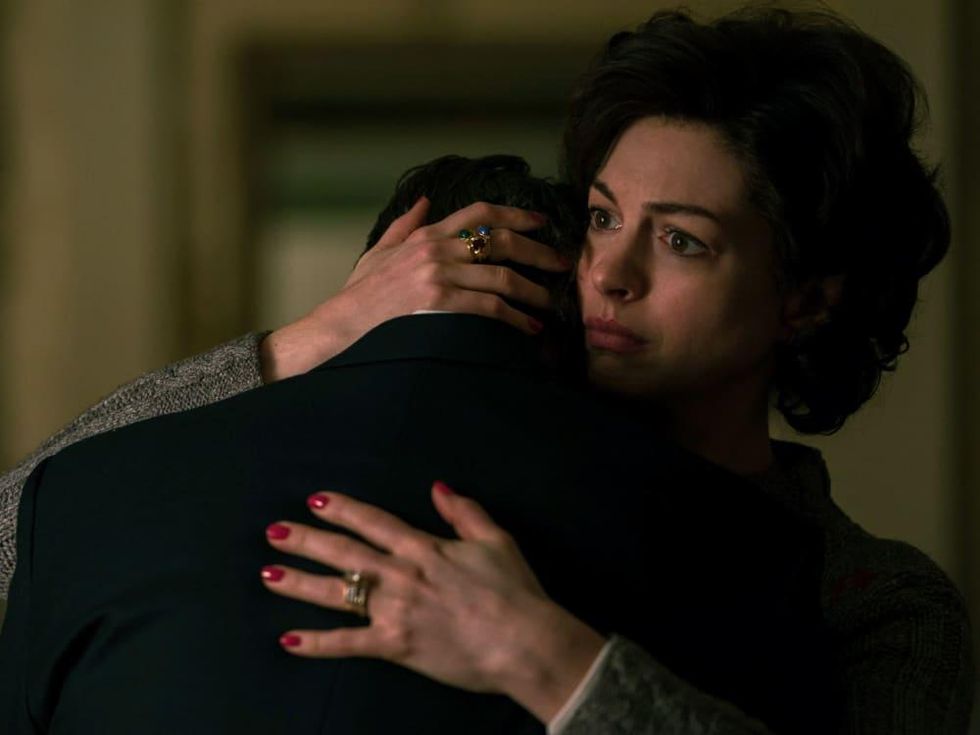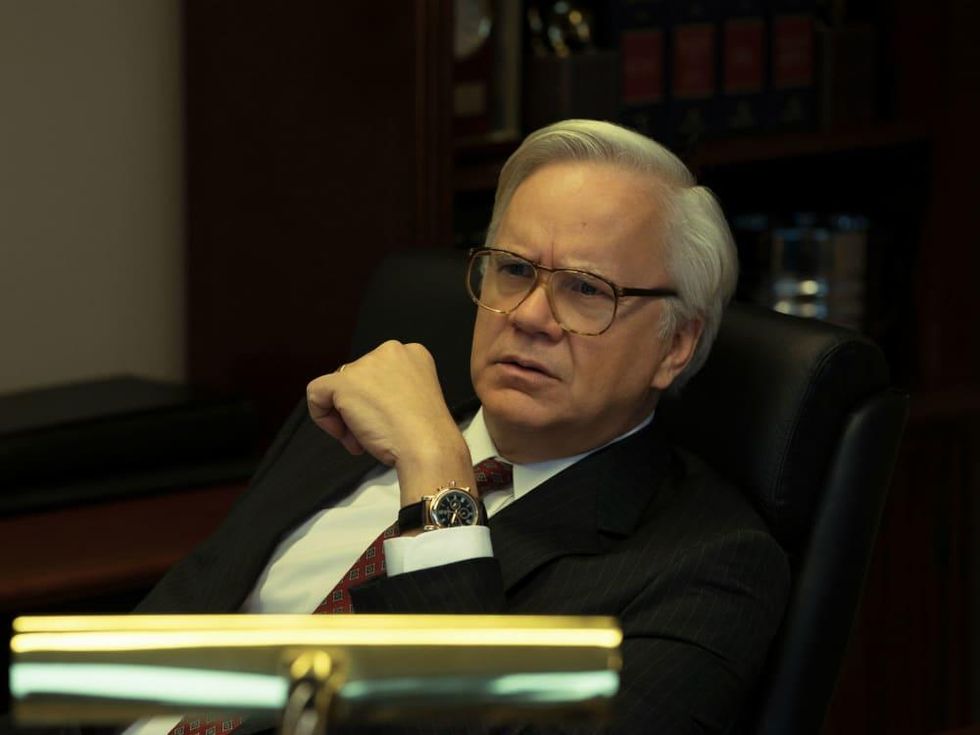Movie Review
Unconventional filmmaker wades into the ordinary with Dark Waters
Director Todd Haynes is known for his stylized films that tackle certain topics in unconventional ways. So it’s interesting that for his latest film he would choose something as ordinary and mainstream as a lawyer fighting against the system in Dark Waters.
Robert Bilott (Mark Ruffalo) is a corporate attorney whose firm makes its money defending big chemical companies. One day, he’s approached by a West Virginia farmer named Wilbur Tennant (Bill Camp), who details how he believes his cows have been poisoned by a landfill owned by DuPont.
Getting involved would seem to be a conflict of interest, but Bilott finds himself inexorably drawn in to Tennant’s plight. At great personal and professional cost, Bilott pursues a lawsuit against DuPont for many years. That journey expands well beyond what he initially thought it would be, in the process exposing a truth that would ultimately involve the entire world.
Haynes is not exactly like Quentin Tarantino, Wes Anderson, or any number of other filmmakers who are known for a particular style and rarely deviating from it. Still, given that he’s the director of films like Velvet Goldmine, Far from Heaven, and Carol, it’s a little strange that he has made a film as by-the-numbers as Dark Waters. Nearly every beat of the plot can be predicted before it happens, whether it’s in Bilott’s work or his personal life with his wife, Sarah (Anne Hathaway).
It’s not necessarily Haynes’ fault, but the film, written by Mario Correa, pales in comparison to two other likeminded films. Erin Brockovich tackled a similar topic — the poisoning of community’s water — with equal drama but more entertainment. Spotlight starred Ruffalo as a crusader for justice who kept digging until the powers that be in the Catholic Church were exposed for what they had done. For film buffs, comparisons of the movies are inescapable, to the detriment of this one.
Haynes may or may not have meant it to be, but Dark Waters could in a way be interpreted as a callback to his breakthrough film, Safe. In that film, Julianne Moore plays a woman who claims she’s being poisoned by all of the everyday chemicals around her. While her malady may or may not have been real, the events of this film are all too real. It’s just too bad that the story is not as engaging as it could have been.
Ruffalo’s performance is odd, one that doesn’t easily invite empathy. While the character’s dedication is clear, Ruffalo plays him with body language that is closed off and uninviting. And with the memory of his Spotlight character so fresh, this performance doesn’t measure up. Hathaway is given a thankless, one-note role, and it doesn’t showcase her talent at all. Tim Robbins does well as Bilott’s boss, but the character’s actions at certain points defy belief.
Text on the screen that provides a coda to the film is shocking and disturbing, feelings that are all but missing from the rest of the movie. Dark Waters has the filmmakers, actors, and story that should have made for one of the better films of the year. Instead, it’s a mostly forgettable outing that doesn’t do justice to its blockbuster revelations.




